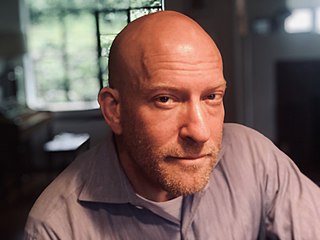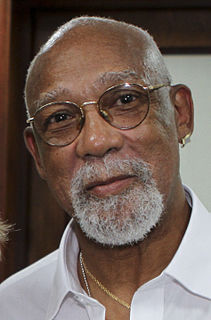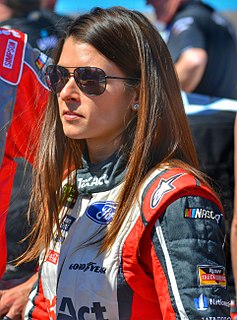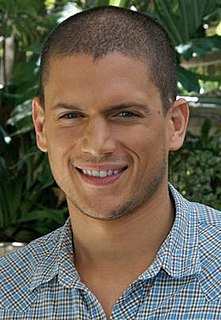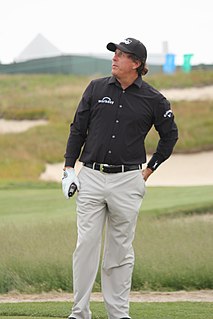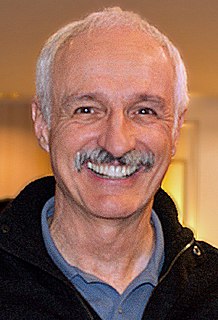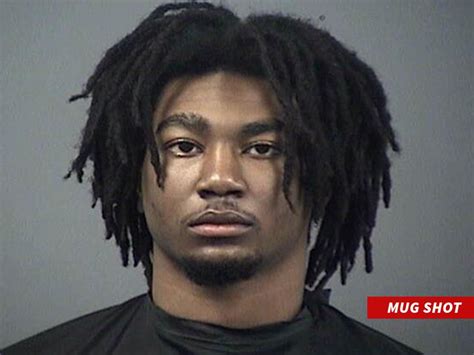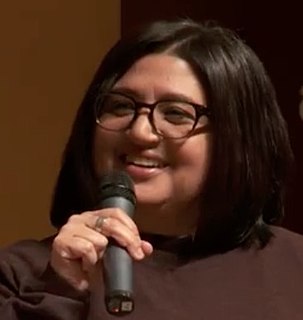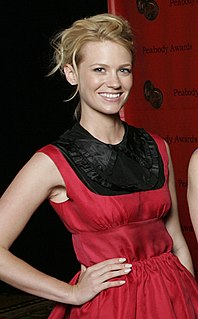A Quote by Solly Granatstein
Housing in New York seemed to fit Norman Lear. In addition, his shows confronted all kinds of social issues - racial separation and prejudice being foremost among them. The Evans of Good Times were the first black family to be the focus of a primetime American TV show. A lot of the people we came across in filming were familiar with the role Norman played in catalyzing important national conversations about race. They seemed grateful to him for trying to move the needle.
Quote Topics
About
Across
Addition
All Kinds
American
Among
Being
Black
Black Family
Came
Confronted
Conversations
Familiar
Family
Filming
First
Fit
Focus
Foremost
Good
Good Time
Good Times
Grateful
Him
His
Housing
Important
Issues
Kinds
Lear
Lot
Move
National
Needle
New
New York
Norman
People
Played
Prejudice
Race
Role
Seemed
Separation
Show
Shows
Social
Social Issues
Them
Times
Trying
TV
TV Show
Were
York
Related Quotes
After we did [All In The Family], that ended up being a real love fest all around. Me and Norman, Norman [Lear] and me, Rob Reiner, everybody liked everybody. So about six or seven months later I moved out to L.A. and I got a call that Norman wanted to see me. I came in and he said "ABC has given me a property that they just optioned to make into a TV series. It's from a play called Hot L Baltimore, and I want you to be in it."
Michael Moore's first big film "Roger & Me" has an extremely powerful scene in which a family in Flint, Michigan is evicted right around Christmas. That was an inspiration to me to document the stories of people living on the edge as they're happening. My aim in "A House Divided" was to explore the urgent challenges of housing inequity in New York through the eyes of Norman Lear.
I walk into office, which is the casting office for CBS in New York. Mainly what they cast out of this office was the CBS daytime shows. I go in and walk into this room which every seat is filled with young African-American boys and girls and they were in their teens. I went, "I'm in the wrong place. Why am I here? What's going on?"So I go in and meet Norman [Lear].
The beautiful thing about having grown up in Brooklyn is, because of the rich cultural and racial diversity there, no one seemed to give too much thought to where I fit on the racial spectrum. But there were times when I would run up against someone who was interested in figuring out what race was. That would come as a surprise, and in some cases, like a slap in the face.
I have nothing but gratitude for the people who made the film. It was a most unusual experience. I'm no judge, and the only film I've ever seen made was Mockingbird, but there seemed to be an aura of good feeling on the set. I went out and looked at them filming a little of it, and there seemed to be such a general kindness, perhaps even respect, for the material they were working with. I was delighted, touched, happy, and exceedingly grateful.
The struggle is how to write optimistically when the world we're living in is not inherently optimistic. I love the idea of the family from the most Norman Rockwell version to Norman Bates. Without family, we have very little - it is the most basic social structure. So yes I suppose I wanted to write a hopeful book about the evolution of the family.
At first, 'Family Ties' seemed to just be a wonderful project of its time. These were the Reagan years, the new conservatism. Alex P. Keaton quickly became the Fonzie of the '80s, so it seemed very much a product of its time. But I soon began to realize that it went far beyond that. These great family shows transcend whatever time they are in.
